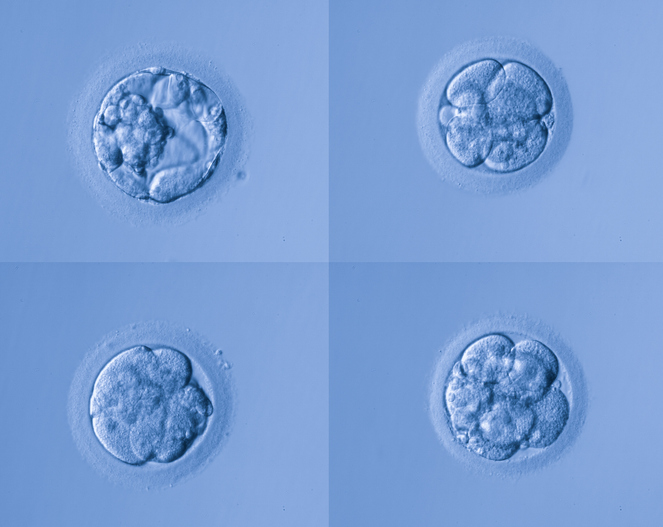.png)
.png)
Donating eggs can be a generous and life-changing decision for both the donor and the intended parent. If you have been interested in donating your eggs, you may be wondering if there’s an age cut-off. The short answer is, yes, there are age restrictions when it comes to donating eggs. In this article, we will discuss how old you have to be to donate your eggs and what factors may affect your eligibility.
What is the minimum age for egg donation?
American Society for Reproductive Medicine (ASRM) suggests that egg donors be at least 21 years of age at the time of donation. Most clinics and agencies follow this suggestion to ensure the donor is mature enough to understand the procedure and follow through on the commitment.
To be part of our Split Program, where you freeze your eggs for free when donating half to a family that can’t otherwise conceive, you must be at least 21 years old. And while we do not accept Split members who are under 21, please reach out and we’ll get back in touch after you turn 21.
What is the maximum age for egg donation?
While there is no legal maximum age to become an egg donor, ASRM recommends that donors be under the age of 34 and most clinics follow this guideline.
At Cofertility, we require our Split program members to be 33 or under, as it can take some time to match with intended parents and complete your cycle. If you are 34-39, you are still eligible to participate in our Keep program. With this program, you can freeze your eggs and keep 100% of them for yourself.
Why are their age requirements for egg donation?
Because donor egg IVF is already so expensive and time consuming, families and clinics want to do everything they can to increase chances of success.
One factor that can predict success is age. Women in their 20s typically have a higher quantity and quality of eggs, making them ideal candidates for egg donation. Data shows that, on average, those over 35 tend not to respond to fertility medication as well and therefore may not produce as many eggs. Research also shows that, unfortunately, egg quality declines with age.
Are there exceptions?
There are cases where a clinician may accept a known donor outside the recommended age range. For example, if someone wanted their 35-year-old sister to donate and she had recently undergone a successful egg retrieval, the doctor may approve her donation.
Conclusion
Egg donation is a serious commitment and involves a significant time and energy commitment from the donor. The process typically involves several weeks of hormone injections, frequent doctor's appointments, and a minor surgical procedure to retrieve the eggs.
While 21-34 is the recommended age for egg donation, keep in mind there are additional eligibility criteria. It is important for potential donors to carefully consider the risks and benefits and to ensure that they meet all of the eligibility criteria before making a decision.










